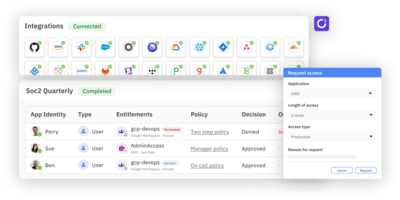In the world of technology and security, we often encounter incidents that serve as important lessons. One such incident recently caught my attention: GitHub’s accidental leak of their SSH RSA server private key. This event highlights the significance of automation in crafting a strong security strategy.
Reacting to the leak, GitHub rotated their SSH RSA server private key, causing some inconvenience for developers and CI systems that had pinned the key in their known host’s file. However, this issue raises interesting questions about security practices.
GitHub had used the same server private key for several years, keeping it in a file rather than an Hardware Security Module (HSM). HSMs have protections that would prevent exporting or exposure of the private key martial – they are specialized hardware that are designed for storing private keys. This method, though common, might not always be the most secure. As the number of people who have access to sensitive information grows, so does the risk of that information becoming public—a concept referred to as the “Half-Life of a Secret.” Looking at GitHub’s employee count in the last decade, we can estimate the number of people who potentially had access to the server private key, which in turn affects the secret’s half-life.
The GitHub incident brings to the forefront the need for secret key rotation. Updating and changing sensitive information regularly is essential to minimize security risks. Unfortunately, implementing such practices can be difficult, particularly in large organizations. Automation presents an elegant solution.
Automating the process of key rotation can both streamline operations and reduce human error, making it a critical element of a modern security strategy. Automation ensures consistent rotation and updating of keys, decreasing the chances of unauthorized access. In the case of GitHub, had they employed OpenSSH’s “host-key rotation” feature to rotate their key yearly, the impact of the leak might have been substantially reduced. Integrating key rotation into an organization’s infrastructure can greatly diminish the potential damage resulting from leaked or compromised keys.
So, what can we learn from GitHub’s experience? Reevaluating our security practices and embracing automation can provide significant protection for our systems and data. Remember the concept of the half-life of a secret when formulating your organization’s security strategies and continue pushing the boundaries of innovation, all while staying secure.





